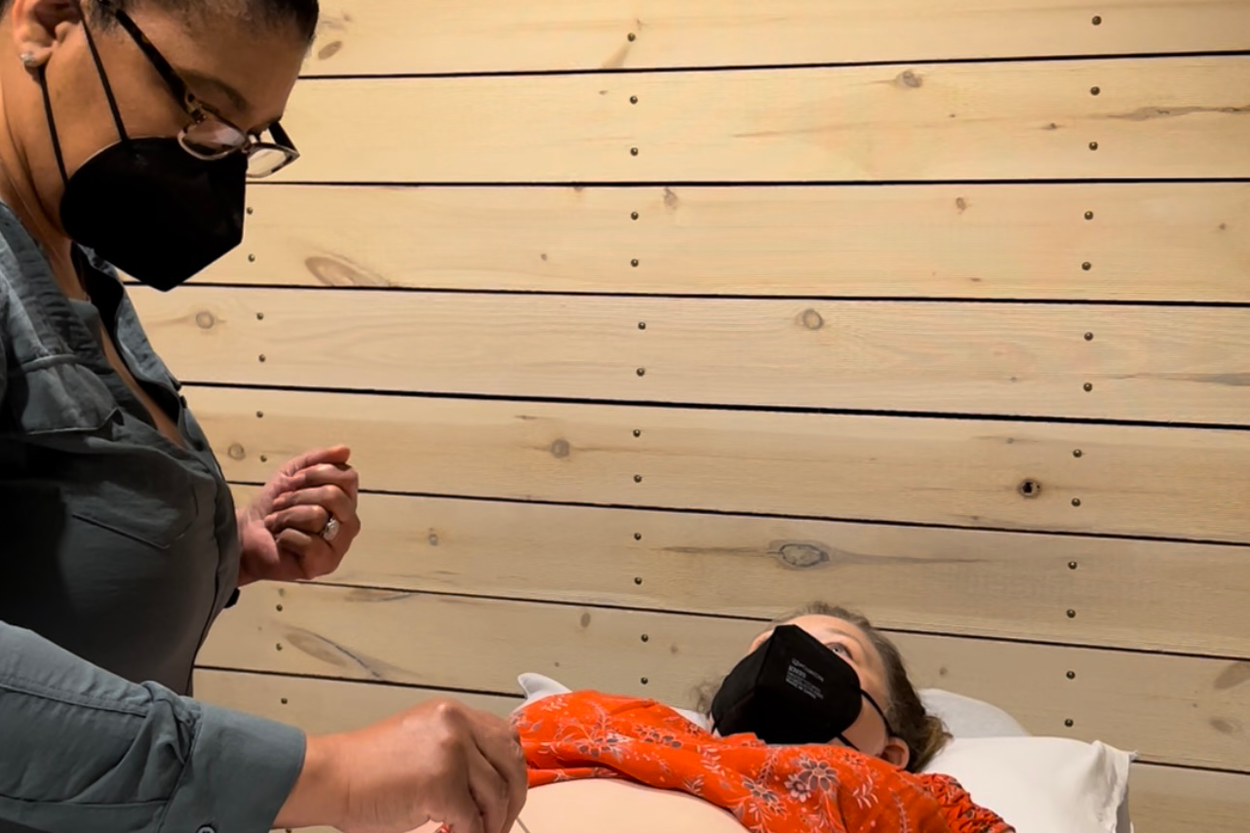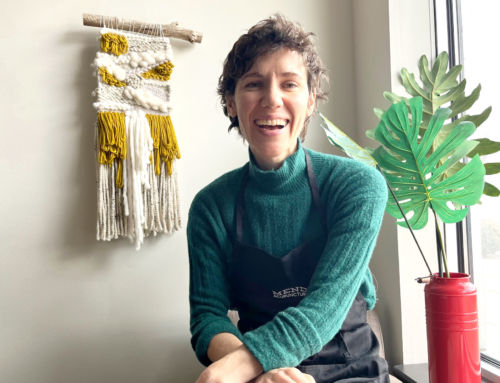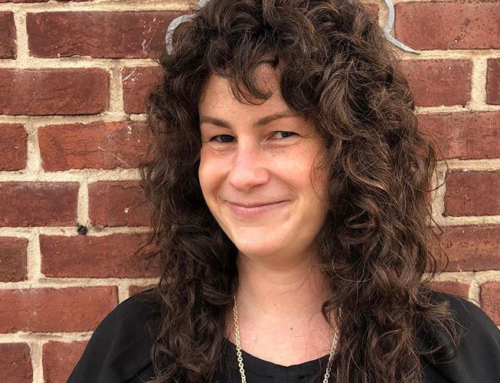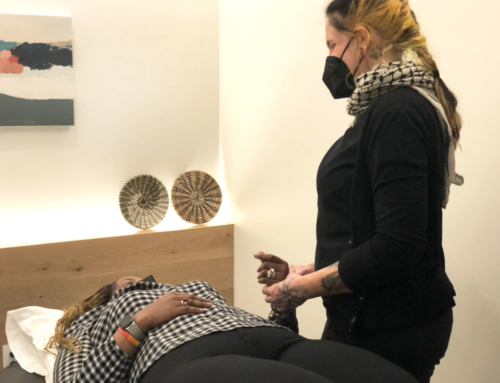At Mend, we recognize that our acupuncturists are the backbone of the medicine we deliver. And when a new acupuncturist joins the team, we love getting to know their background, treatment style and passions. Get familiar with Jaqui who joined Mend in March.
Why did you become an acupuncturist and what drew you to the profession?
My choice to become an acupuncturist stems from a lengthy career in healthcare where I experienced firsthand the limitations of conventional medicine. In desiring to offer my patients more non-pharmacological options, and through a bit of research, I found Traditional Chinese Medicine (TCM). I even recommended that my sister, who was suffering with a then debilitating condition, to seek out an acupuncturist. It was after seeing her success with acupuncture that I truly became drawn to the medicine. And quite frankly, I continue to be awed by the countless success stories.
What do you love to treat?
I am very grateful that I get to treat and witness improved outcomes for many conditions. I particularly love treating women’s health issues. When I started college in my youth, I wanted to be an OB/GYN so this love comes as no surprise. PCOS, post-chemo neuropathy and fertility support have been of great interest to me.
What can people expect of treatment with you to look like?
My patients can expect that I will begin every treatment with opening the channels/meridians, balancing yin and yang, and calming shen (one’s spirit or heart), after which I address the local problem area. This allows for opening and balancing which can help the body reach homeostasis, an optimal state for healing to occur.
What’s your favorite acu point and why?
My absolute favorite acupuncture point is ST36. TCM theory says needling with moxa on ST36 daily will fight a hundred diseases and increase one’s lifespan.

What’s a cause you’re passionate about?
I am very passionate about the ongoing healthcare disparities, which are defined as an increased burden of an adverse health outcome or health determinant within a specific subset of the population. There are well-documented racial and ethnic disparities throughout healthcare at the patient, provider, and healthcare system levels. It is increasingly important to invest in efforts to characterize, understand, and end racial and ethnic disparities in health care. Inequities in health outcomes and care pose real threats to the entire nation’s wellbeing.
What else should we know about you?
You should also know that as a holistic practitioner and self-proclaimed minimalist, I value every aspect of the natural approach to health and wellbeing and use the earth and all that it provides to reach my own wellness goals.






